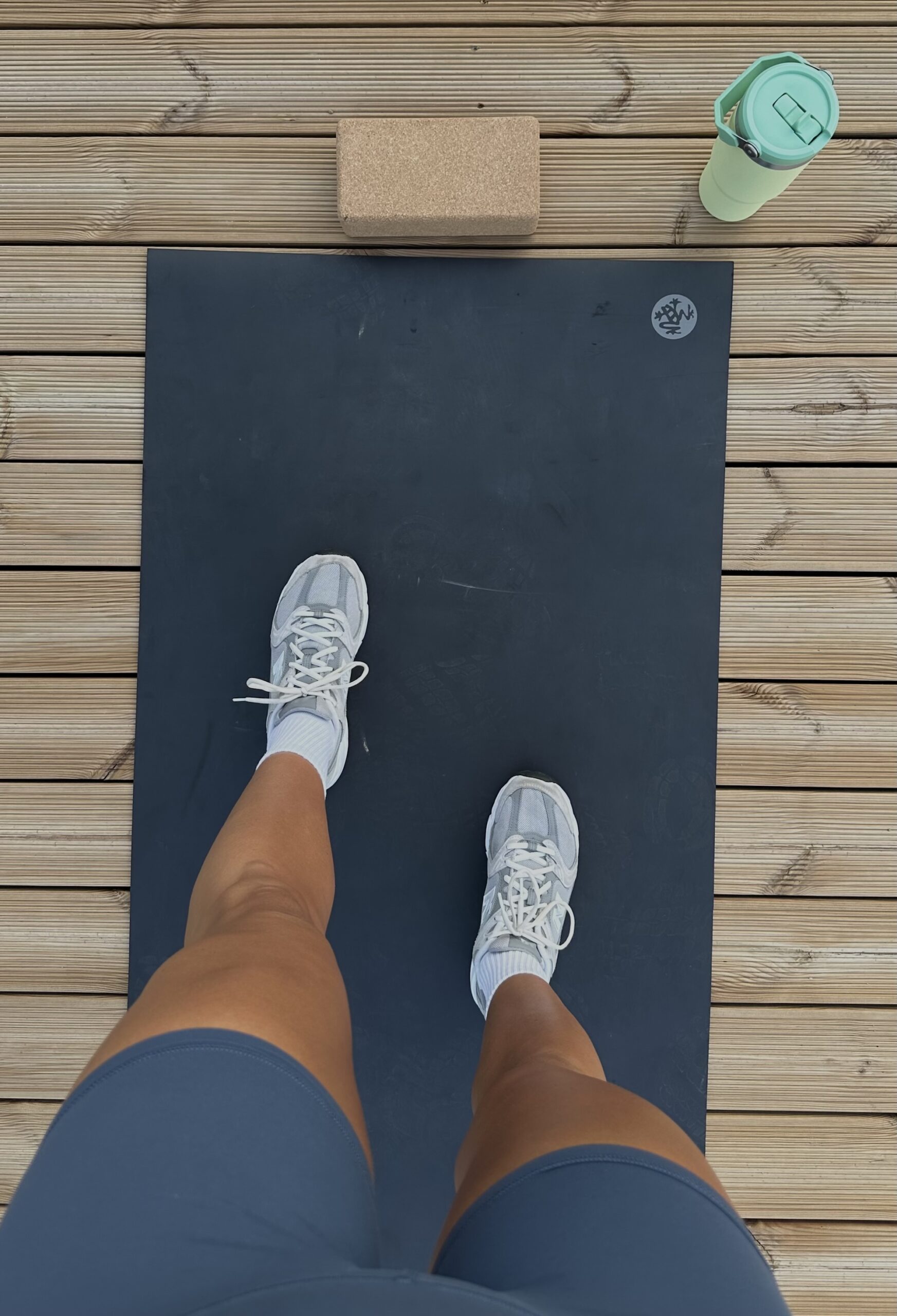Have you ever felt a pang of guilt for wanting to spend a Saturday alone instead of brunching with your partner? Well, you’re not alone in feeling that way—and no, it isn’t a bad sign about your relationship. In this post, we’re diving deep into why it’s perfectly healthy, and actually essential, to carve out some ‘me time’ away from your significant other.
Let’s break down the stigma and talk about how alone time can not only recharge your batteries but also bring fresh energy into your relationship.
Why Alone Time Is Essential
Alone time isn’t just a luxury; it’s a crucial part of maintaining your mental and emotional wellbeing. When you spend time by yourself, you give your mind a chance to rest, reset, and rejuvenate. It’s like giving your brain a mini-vacation from the social duties of coupledom.
This downtime can lead to increased creativity, less stress, and a more profound sense of identity, which can often get blurred in the day-to-day dynamics of a partnership.
But it’s not just about getting a break from each other. Alone time allows for self-discovery and personal growth. Engaging in hobbies and interests independently can boost your self-esteem and happiness, which you then bring back into your relationship. It’s a cycle that feeds itself: the happier you are with yourself, the happier you’ll likely be with your partner.
The Balance Between Togetherness and Independence
Finding the sweet spot between togetherness and independence can be tricky but is essential for a healthy relationship. While it’s wonderful to share interests and experiences with your partner, it’s equally important to have your own passions and pursuits. This balance ensures that each of you remains a complete individual, even while being part of a couple.
When both partners respect and support each other’s need for independence, the relationship tends to be more resilient and satisfying. It’s healthy to have a partner who cheers for you from the sidelines while you chase your personal goals and vice versa. This mutual respect for personal space not only deepens your connection but also keeps the relationship exciting and fulfilling.
Common Misconceptions About Alone Time in Relationships
Let’s tackle some myths head-on. A big one is that if you need time away from your partner, there must be something wrong. That’s just not true. Needing space doesn’t mean you are unhappy; it means you’re human. We all need a little room to breathe—emotionally and physically.
Another common misconception is that alone time creates emotional distance. In fact, the opposite is often true. By spending time apart and focusing on your personal wellbeing, you can return to your partner emotionally refreshed and more present in the relationship. It’s about quality over quantity; the time you spend together can be more meaningful when you’re both feeling your best.
How to Communicate Your Need for Alone Time
Communicating your need for space doesn’t have to be a minefield. The key is openness and honesty. Start the conversation by affirming your feelings for your partner. Make it clear that your request for alone time is about fulfilling your personal needs and not a reflection on your relationship’s quality.
Choose a good time to talk, when neither of you is stressed or distracted. Be direct and kind, using “I” statements to express your needs, like “I feel recharged when I have some time to myself each week.” This way, you avoid putting your partner on the defensive and make it easier for them to understand and support your needs.
Setting Healthy Boundaries
Setting boundaries around alone time is crucial for maintaining a healthy relationship. It’s about finding a balance that works for both of you, where neither feels neglected nor smothered. Discuss and agree on how much solo time each of you needs, and respect those boundaries without guilt or resentment.
For example, you might decide that Sunday mornings are your time to go for a solo hike, while your partner uses that time for their hobby. These clear expectations can help prevent misunderstandings and ensure that both of you feel supported in pursuing individual interests.
Integrating Alone Time into Your Relationship Routine
Integrating alone time into your relationship isn’t just about stating your need for it; it’s about making it a regular, respected part of your life together. Start by scheduling it like you would any important appointment. This might mean setting aside specific times each week where you each do your own thing.
It could be as simple as spending an hour reading in different rooms or as involved as taking a day each month to pursue individual interests.
Encourage each other to use this time productively—whether that’s engaging in a hobby, going for a walk, or just napping. The key is that each of you feels free to use this time without judgment or interruption. This scheduled alone time helps prevent resentment from building and ensures that both partners feel they have the space they need to be themselves.
Embracing alone time in your relationship isn’t just about getting a break from each other; it’s about building a stronger, more supportive partnership. When both partners appreciate the value of personal space, they create a more balanced, fulfilling relationship.
So, the next time you crave some solo time, remember it’s not just good for you; it’s great for your relationship too.
















